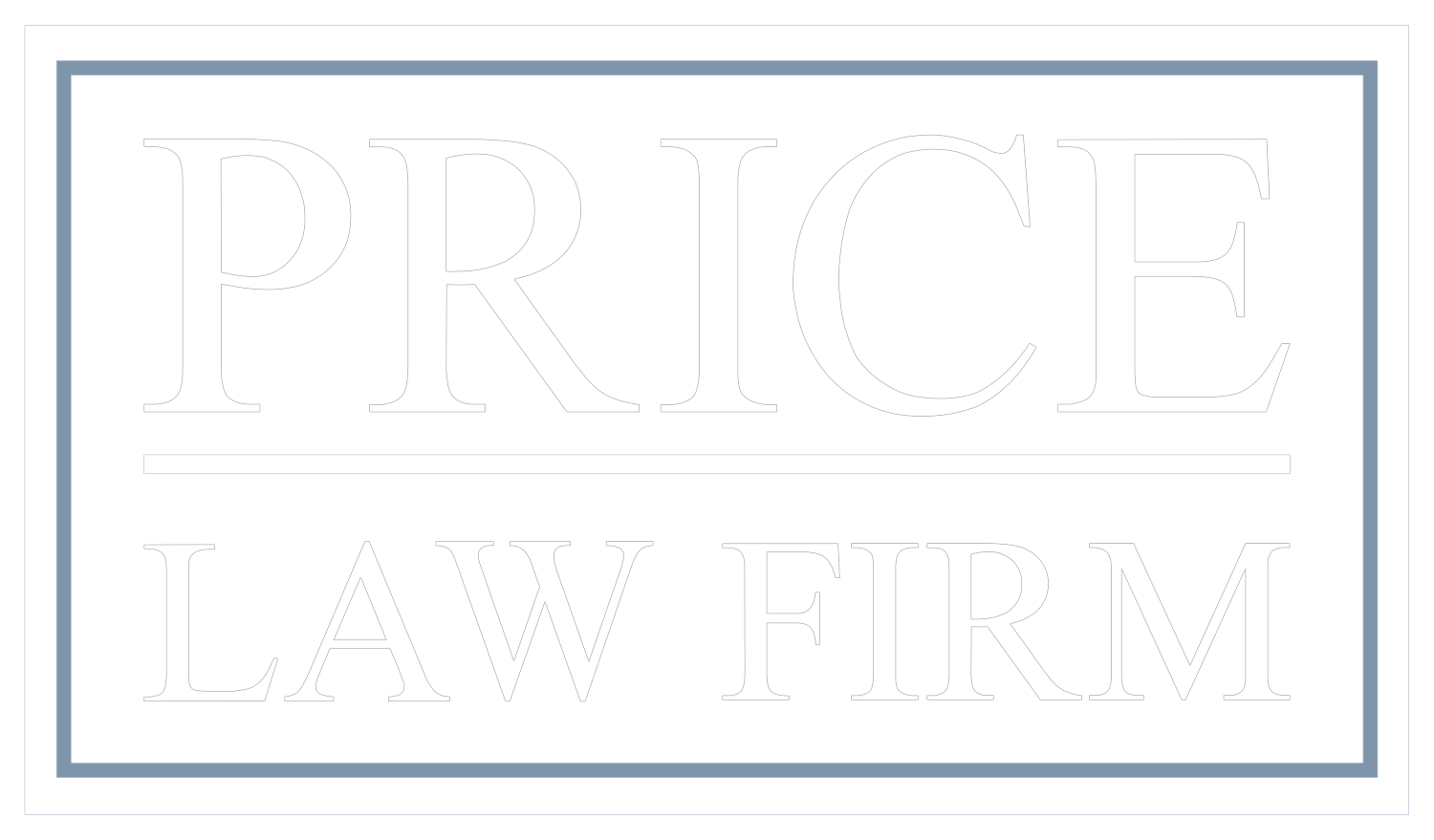
Understanding Rent Stabilization and Rent Control in NYC
New York City has some of the strongest tenant protections in the country, with laws designed to prevent excessive rent increases and unjust evictions. Two key regulations—rent stabilization and rent control—help keep housing affordable for thousands of residents. However, these laws are often misunderstood, and landlords sometimes attempt to exploit legal loopholes to remove tenants from their homes.
If you're unsure about your rights under rent stabilization and rent control, understanding the differences and knowing when to seek legal assistance can help you protect your housing.

What Is Rent Stabilization?
Rent stabilization is the most common form of tenant protection in NYC. It applies to approximately one million apartments across the city, providing renters with security against sudden rent hikes and unfair lease terminations.
Eligibility for Rent-Stabilized Apartments
A rental unit in NYC may be rent-stabilized if:
- It is in a building constructed before 1974 with six or more units.
- It was built or renovated with certain tax benefits (e.g., J-51 or 421-a programs).
- The apartment was previously rent-controlled but transitioned to rent stabilization.
Tenant Rights Under Rent Stabilization
If you live in a rent-stabilized apartment, you have the following legal protections:
✅
Lease Renewal Guarantee: Landlords must offer lease renewals, typically for one- or two-year terms.
✅
Rent Increase Limits: The Rent Guidelines Board sets annual limits on how much landlords can raise rent.
✅
Protection from Arbitrary Evictions: Landlords can only evict tenants for specific legal reasons, such as non-payment or lease violations.
✅
Right to Succession: In some cases, family members can inherit a rent-stabilized lease if they meet certain residency requirements.
Despite these protections, landlords sometimes attempt to remove apartments from rent stabilization illegally or harass tenants into leaving. If you suspect a violation, seeking legal help from a firm like Price Law Firm can help safeguard your rights.
What Is Rent Control?
Rent control is an older form of tenant protection, now much less common in NYC. Only a small percentage of apartments remain under rent control, mostly occupied by long-term tenants and their heirs.
Eligibility for Rent-Controlled Apartments
To qualify for rent control, an apartment must:
- Be in a building constructed before 1947.
- Have been occupied by the same tenant (or their family) since before July 1, 1971.
Tenant Rights Under Rent Control
Rent-controlled tenants benefit from:
✅
Fixed, Below-Market Rents: Rent increases are tightly regulated by state agencies, keeping rates significantly lower than market levels.
✅
Eviction Protection: Landlords cannot evict tenants without valid legal grounds.
✅
Lease Continuation for Heirs: Qualifying family members may inherit a rent-controlled lease under succession laws.
Because rent-controlled units are rare and often convert to rent stabilization when tenants leave, landlords sometimes try to force tenants out through intimidation or neglect. If you're experiencing this, legal support can ensure your rights are upheld.
Key Differences Between Rent Stabilization and Rent Control
While both rent stabilization and rent control protect tenants from excessive rent increases and unfair evictions, they have distinct rules and eligibility requirements.
1. Availability
- Rent stabilization covers approximately one million apartments in NYC.
- Rent control is much rarer, with fewer than 22,000 units remaining.
2. Eligibility
- Rent-stabilized apartments are typically in buildings with six or more units constructed before 1974 or those that received tax incentives.
- Rent-controlled apartments must be in pre-1947 buildings and occupied by the same tenant (or their family) since before July 1, 1971.
3. Rent Increases
- Rent stabilization allows for controlled rent increases, set annually by the Rent Guidelines Board.
- Rent control offers even stricter rent limits, regulated by the Division of Housing and Community Renewal (DHCR).
4. Lease Renewals
- Rent-stabilized tenants have a guaranteed right to lease renewal (usually for one or two years).
- Rent-controlled tenants do not sign new leases—their tenancy continues indefinitely as long as they live in the unit.
5. Tenant Protections
- Both systems provide strong eviction protections, but rent-controlled tenants benefit from fixed, below-market rents.
- Succession rights allow qualifying family members to take over the lease in both cases, though the rules differ.
Since rent stabilization is far more common than rent control, most NYC tenants fall under its protections. However, understanding the distinctions between the two is essential when asserting your rights.
Tenant Rights and Common Landlord Violations
NYC rent laws are designed to protect tenants, but some landlords attempt to bypass them through illegal practices. Here are some common violations:
1. Illegal Rent Increases
Landlords may try to overcharge tenants or improperly deregulate apartments. Always verify your legal regulated rent through DHCR records.
2. Lease Renewal Refusals
For rent-stabilized apartments, landlords are legally required to offer renewal leases. If yours refuses, they may be attempting to force you out.
3. Harassment and Constructive Eviction
Some landlords engage in harassment tactics, such as:
- Failing to make necessary repairs.
- Repeatedly filing frivolous eviction cases.
- Offering illegal buyouts.
4. False Claims of Owner Use
Landlords can claim they need an apartment for personal use, but this is often misused as an excuse to remove tenants. Legal representation can challenge these claims.
If you're experiencing any of these issues, consulting a tenant rights attorney like Price Law Firm can help you take action.
How an Attorney Can Help with Rent Stabilization and Rent Control Issues
Navigating NYC's complex rent laws can be overwhelming, and landlords often have legal teams working to their advantage. Having an experienced tenant attorney on your side ensures your rights are protected.
Services a Tenant Attorney Provides
- Reviewing Rent Histories: Lawyers can check DHCR records to verify if your apartment is properly regulated.
- Challenging Illegal Rent Increases: If your landlord is overcharging, an attorney can file overcharge complaints and seek refunds.
- Fighting Unjust Evictions: If you're facing wrongful eviction, legal representation can help you stay in your home.
- Handling Succession Claims: If you’re inheriting a rent-stabilized or rent-controlled apartment, a lawyer can ensure a smooth transition.
Why Choose Price Law Firm?
Price Law Firm specializes in tenant rights cases and has a strong track record of protecting NYC renters. Their team understands landlord tactics and fights aggressively to uphold tenant protections.
If you suspect your landlord is violating rent laws, don’t wait—getting legal advice early can prevent costly mistakes.
Conclusion: Protect Your Rights as a Tenant
NYC’s rent stabilization and rent control laws are designed to keep housing affordable and protect tenants from unfair treatment. However, landlords sometimes try to exploit legal loopholes or pressure tenants out of their homes.
Understanding your rights is the first step toward protecting your housing. If you're dealing with lease disputes, illegal rent increases, harassment, or eviction threats, seeking legal support is essential.
Need legal assistance? Contact Price Law Firm today for expert tenant representation.
Don’t leave your legal matters to chance. SCHEDULE A CONSULTATION OR CALL US AT (212) 675-1125 for a personalized consultation and let our experts guide you through every step of the process.
Joshua Clinton Price
Founder of The Price Law Firm LLC
Josh Price is a lawyer who is sought by clients with complicated cases because of his extensive knowledge of the law and his ability to help the law evolve.
Search an article
Contact Us for a
FREE Consultation
Blog (Website Form)

Facing a real estate issue?
Contact us to schedule a consultation and get expert legal advice tailored to your specific needs and circumstances.
OR CALL US NOW AT:
SHARE THIS ARTICLE:
Recent Posts
Get Expert Legal Advice









